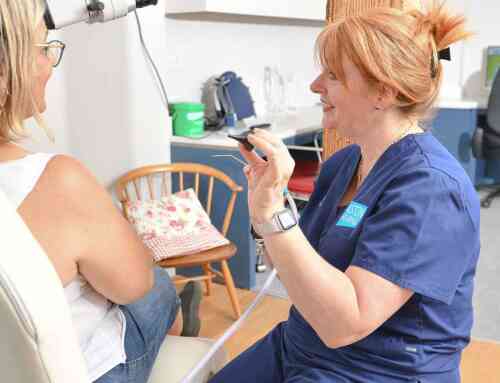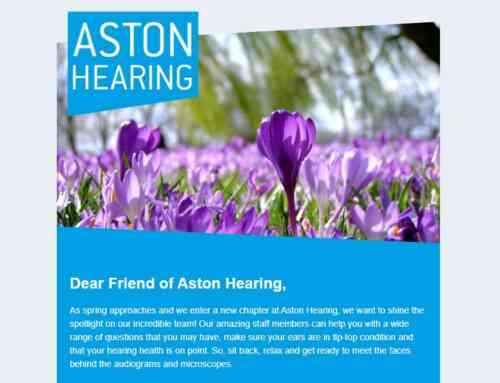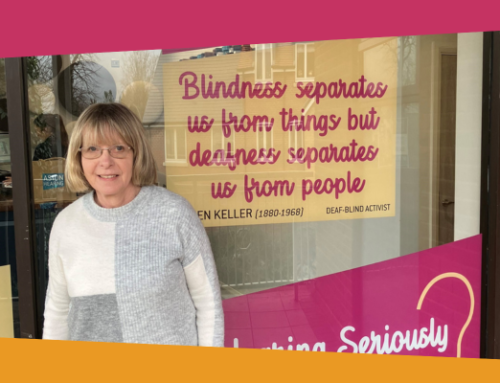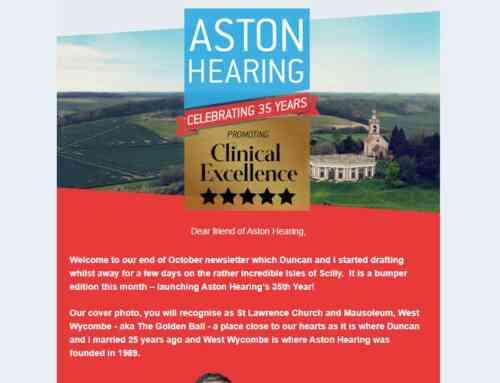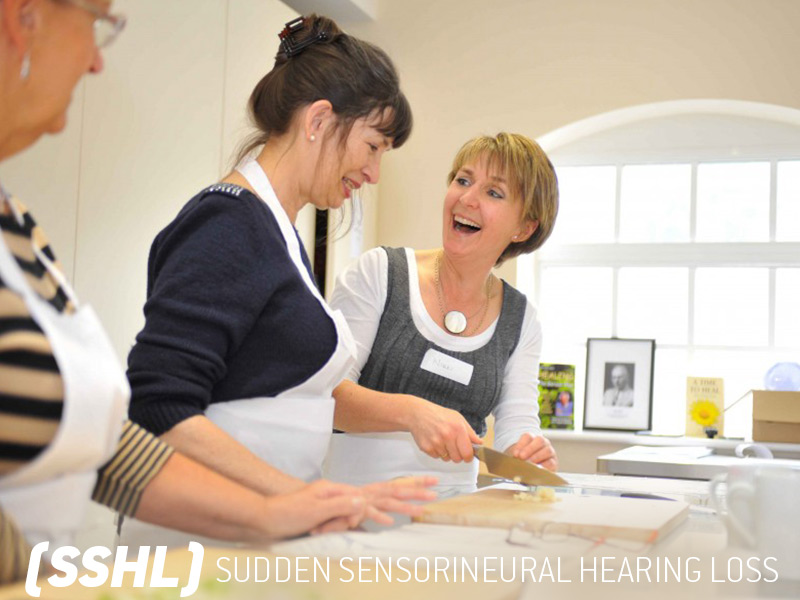
I have experienced SSHL twice in my lifetime with different outcomes. The first time I knew nothing about the condition or what to do and suffered permanent total loss of hearing in one ear. Second time around I was better informed and took immediate action, within 12 hours of its onset, and my hearing recovered after a two week course of steroid treatment.
Sudden sensorineural hearing loss can happen to anyone of any age, at any time regardless of any previous hearing condition. It arrives unannounced without warning and if left untreated can be a permanent condition. It affects thousands of people every year, yet it remains little understood or researched.
It is a medical emergency and prompt action is essential to try and reverse the hearing loss. You need to seek expert medical advice as soon as possible from an audiologist or go straight to A&E or an ENT department.
What is SSHL?
SSHL is defined as a drop of at least 30 decibels in more than 3 frequencies over a short period of time and most commonly affects just one ear. It seems to be most common between the ages of 30-60 and around 50% of people recover given the right treatment.
Like any hearing loss, SSHL is invisible so it is difficult to impress upon medical staff the urgency of the condition. At Aston hearing we understand how important it is to access treatment quickly and can provide an emergency audiogram to show evidence of the hearing loss and also rule out other possible causes such as ear wax.
What are the symptoms?
You may notice a ‘pop’ in one ear before the hearing disappears or it may fade away over a few hours and it is often first noticed when you try to use the phone on the affected ear. SSHL may also be accompanied by vertigo (dizziness), tinnitus (ringing in the ear) or a feeling of fullness in the ear.
What causes SSHL?
SSHL is thought to have various causes that may include viral infections, blood circulation problems, head trauma or autoimmune disease. In most cases the exact cause is never found, which makes prevention much harder. The best advice is to get a hearing test so you understand what level your hearing should be day to day. This will give you a measure by which to compare any change.
Hearing is so often taken for granted yet it helps you to learn, work, communicate and socialise. Losing this important sense is so much more than just an inconvenience.


